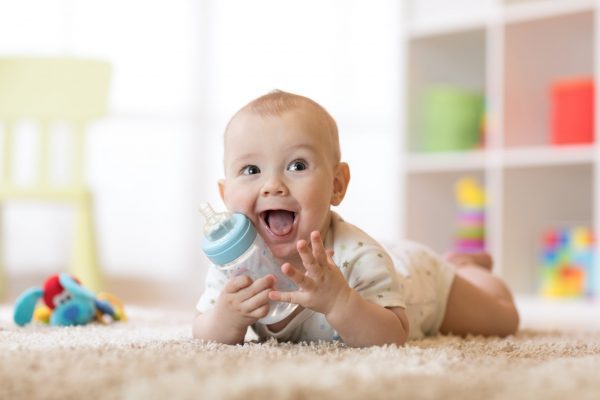
![]()
We know that microplastics, those little fragments shed by commonly used items like coffee cups and water bottles, poison our seas and the creatures that live in them. Scientists aren't sure what damage is caused by the build-up of microplastics inside the human body. We can be fairly sure, though, that it isn't good for us. Now, it turns out that we're filling our babies with this stuff.
Researchers at Trinity College Dublin have found that large amounts of microplastics are released from babies' bottles when infant formula is being prepared in them and when they are being sterilised. The researchers found that the higher the heat applied, the more microplastics are released. "When we saw these results in the lab we recognised immediately the potential impact they might have," lead researcher, Prof John Boland said. The study's startling findings were published in Nature Food. Polypropylene bottles release up to 16 million microplastics and trillions of even smaller nanoplastics per litre. Sterilisation and exposure to high-temperature water significantly increase microplastic release from 0.6 million to 55 million/l when temperature increases from 25 to 95 degree, the findings state. The research team found that bottle fed babies are consuming almost 1.6 million of these particles per day.
"Crucially, we found that it is possible to mitigate the risk of ingesting microplastics by changing practices around sterilisation and formula preparation," Prof Boland said. Heat reduction may help to reduce the production of these particles. Given how much we use plastics in our everyday lives, it's going to be difficult to turn back the clock on the flow of microplastics into the human food chain. While we still don't have definitive proof of health damage caused to humans, parents may want to consider other materials for their babies' food preparation. In the past, infant bottles were made of glass. Perhaps it's time to go back?